You probably already know that not getting enough shut-eye can negatively impact your mood, memory, and concentration — and that’s to say nothing of the toll it takes on your physical health. Sleep deficiency has been linked to weaker immune function, as well as an increased risk of chronic conditions including diabetes, heart disease, and high blood pressure (among other things). But insufficient rest doesn’t just affect you internally. It also can have an effect on your outer appearance. Beauty sleep, it turns out, is a real thing: Too little can affect your skin, hair, and nails, among other things.
According to the National Heart, Lung, and Blood Institute, experts recommend that adults sleep for seven to nine hours each night. If you consistently get less than that, it’ll start to show — literally. Here are five reasons to tuck yourself into bed a little earlier tonight.
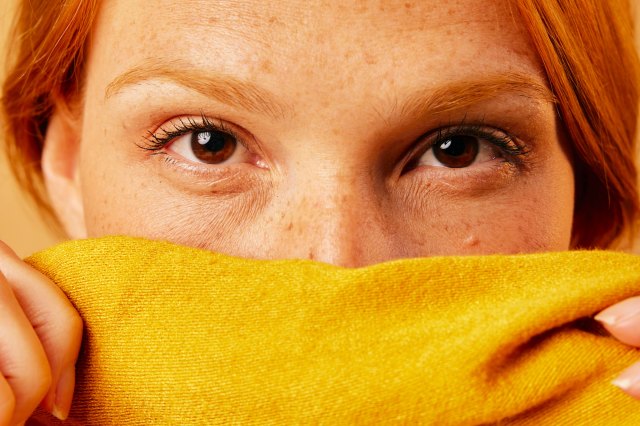
Swollen Eyes
You’ve probably noticed that your eyes look a little puffier and your dark circles are a little more pronounced after a night of tossing and turning. And research backs this up. In a small 2013 study from Stockholm, Sweden, participants ranked photos of individuals after a good night’s rest, and after a period of sleep deprivation; the faces of the latter were judged to have “more hanging eyelids, redder eyes, more swollen eyes, [and] darker circles under the eyes,” among other things. Too little sleep also can cause eye spasms and twitches, as well as dry, itchy eyes due to reduced tear secretion.
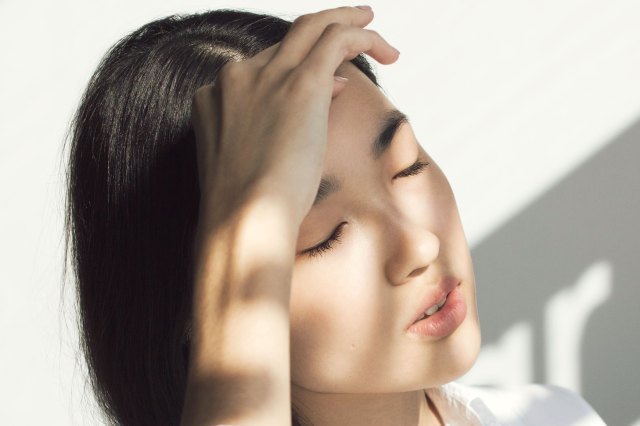
Paleness
The Swedish study also found that sleep-deprived individuals were perceived to have “paler skin [and] more wrinkles/fine lines.” It’s not clear exactly how or why this happens, but one theory is that it has to do with blood flow: Falling into a deep sleep helps promote proper blood flow throughout the body, so when you’re sleep deprived, there may be a decrease in blood flow to the skin, which could result in paleness.
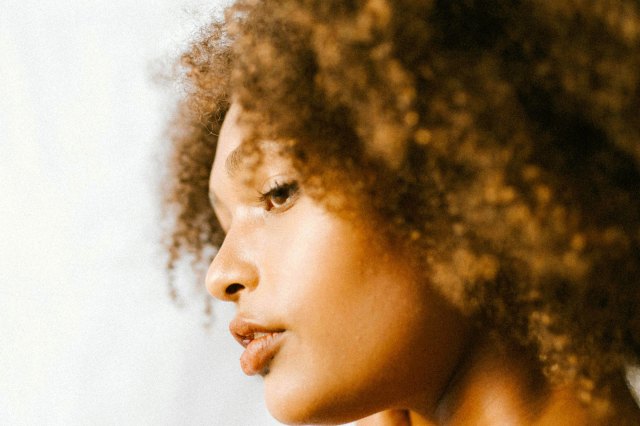
Acne
A lack of sleep also may be partly to blame for frequent breakouts. Too little sleep can cause spikes of the stress hormone cortisol, which in turn can lead to increased production of oils that are associated with acne. It’s a vicious cycle, too: Just as sleep messes with cortisol levels, cortisol levels can mess with sleep, so if you’re stressed about your skin, you may suffer poor sleep that makes your skin woes worse.
Insufficient rest also inhibits your skin’s ability to heal. Research suggests that hormones associated with the sleep-wake cycle, such as melatonin, play a key role in wound healing and sun protection, and that repair of damaged cells peaks at night. Disrupting the circadian rhythm disrupts that process.
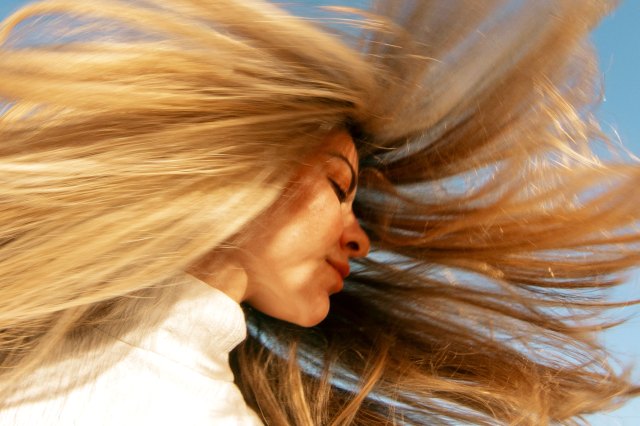
Hair Loss
The cortisol spikes we mentioned above also can have a negative effect on your hair. Stress (especially long-term, chronic stress) has long been linked to hair loss; in one mouse study from Harvard, researchers found that elevated stress hormones put hair follicle stem cells “into an extended resting phase,” during which hair shed more easily. Stress also may contribute to a condition called telogen effluvium, a type of temporary hair loss. Fortunately, this can be reversed with time and treatment.
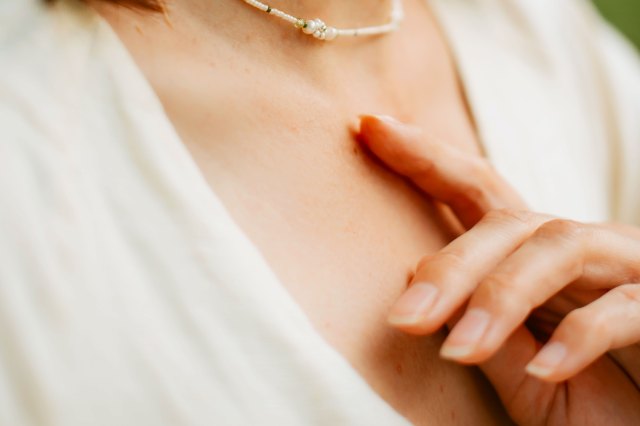
Brittle Nails
Stress — which, again, may be triggered or worsened by lack of sleep — similarly affects nails, in part by hindering your body’s ability to absorb nutrients that are necessary for strong, healthy nails. In some cases, poor sleep added up over time could interrupt nail growth and/or cause your nails to repair themselves less successfully.
This article is for general informational purposes only.
Affiliate Disclaimer Medical Disclaimer



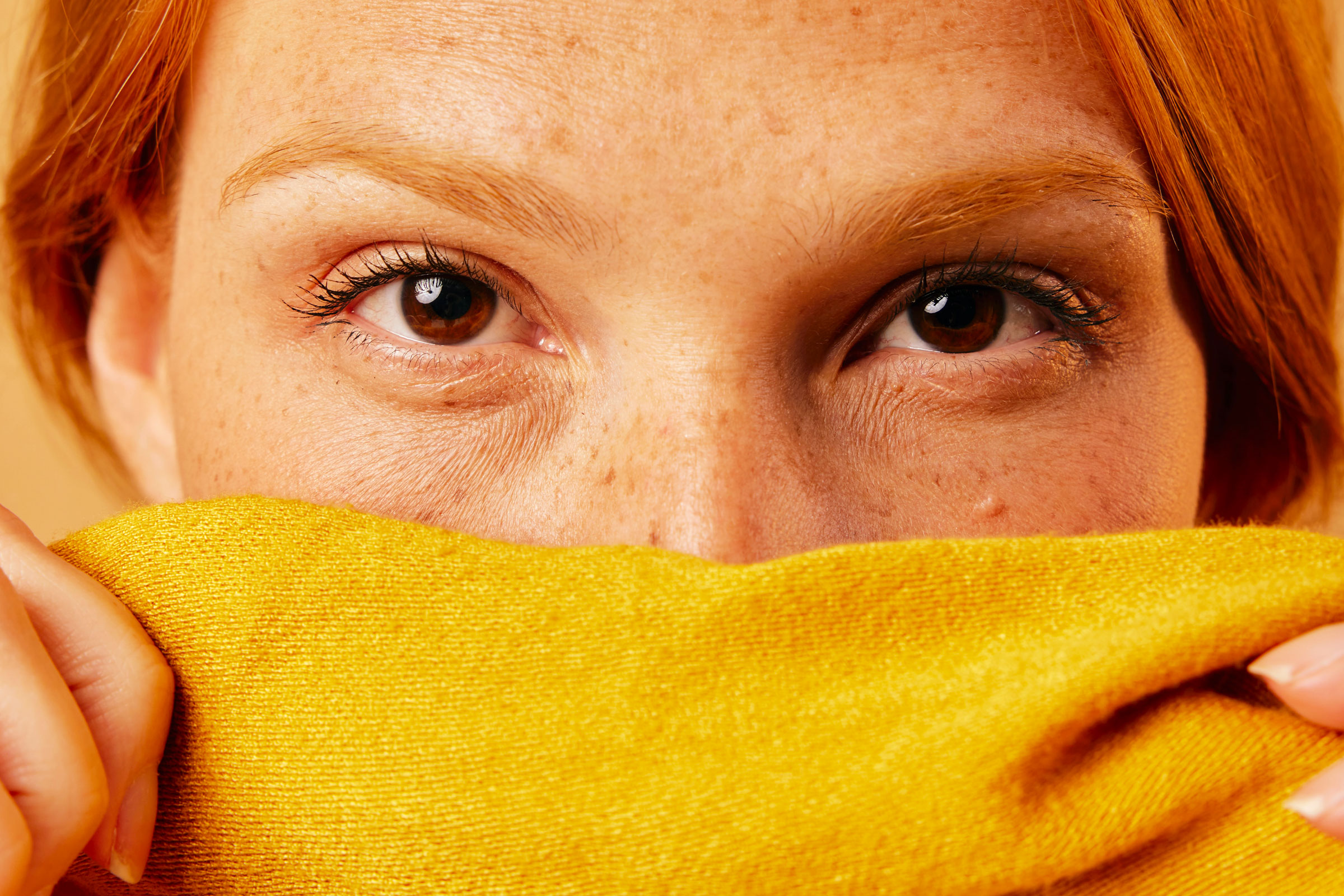



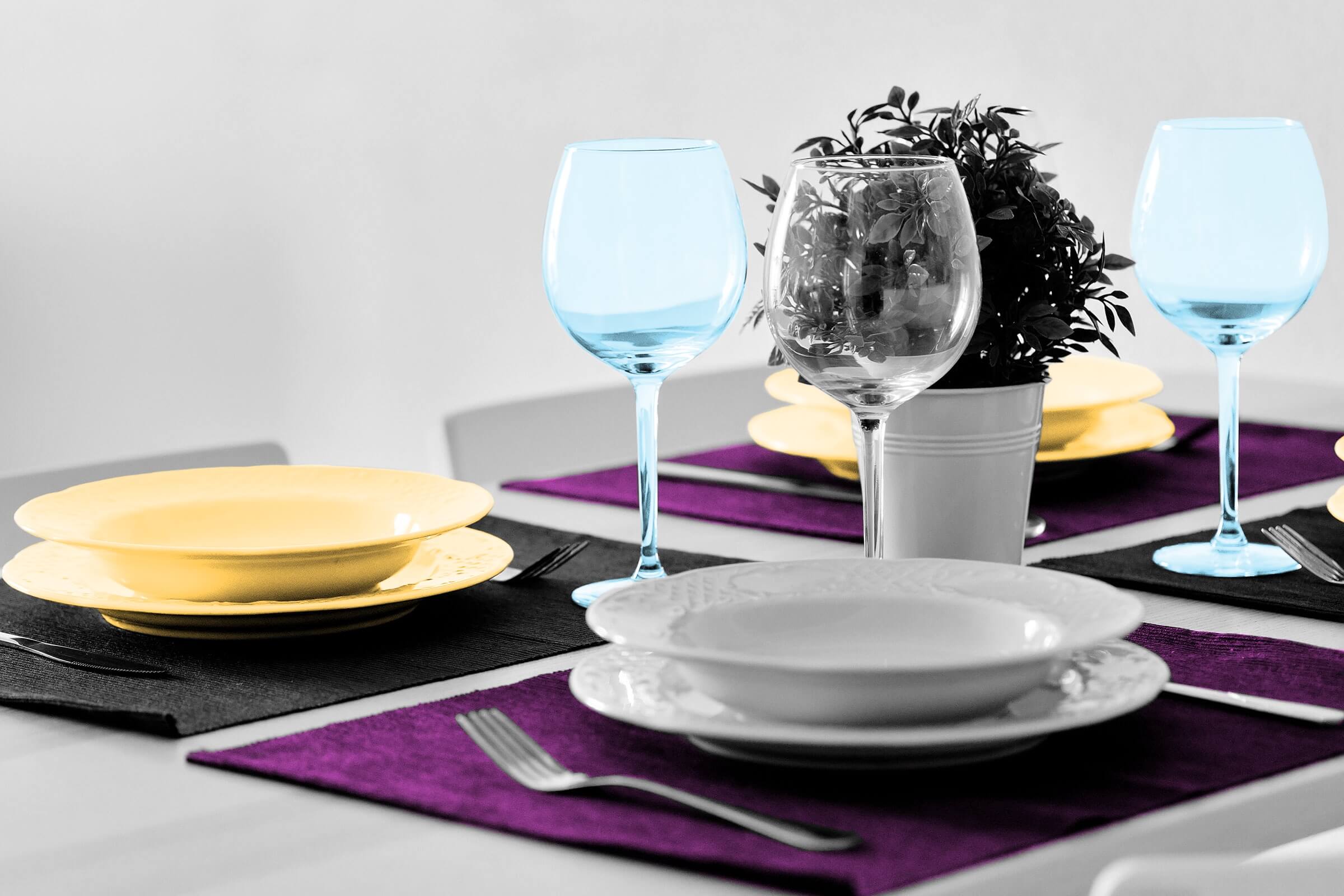

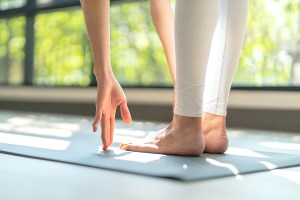


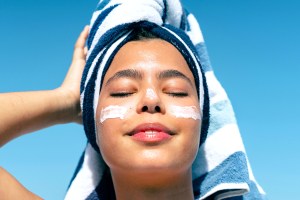
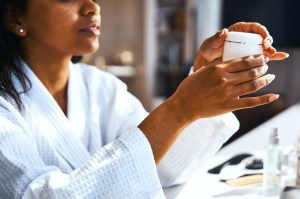

 Unique Beauty is free for all users.
Unique Beauty is free for all users.